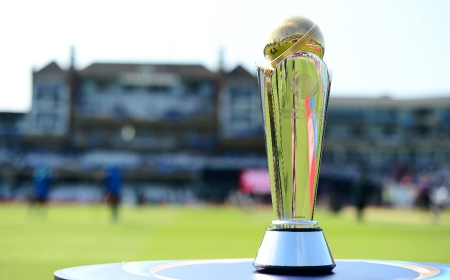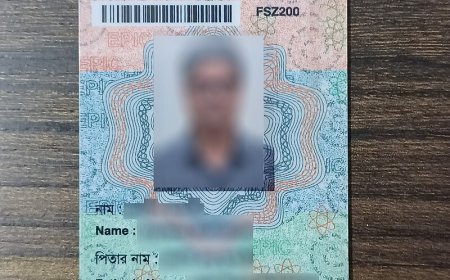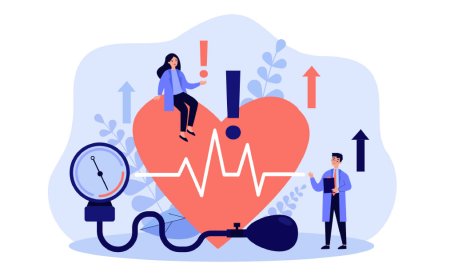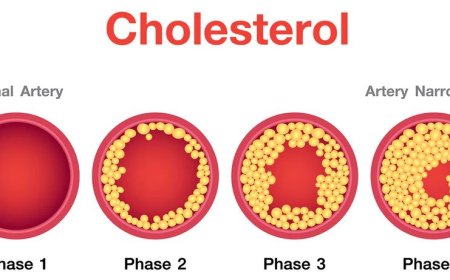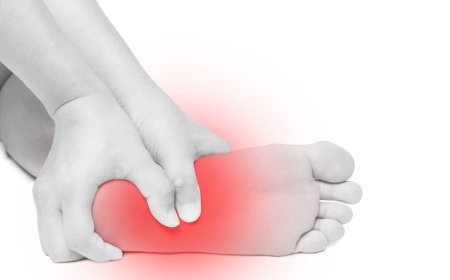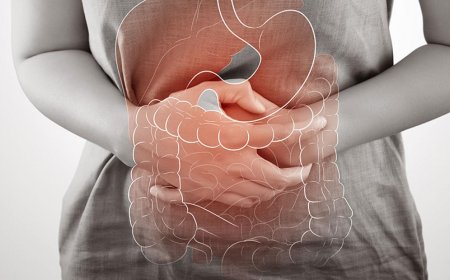Managing Hot Flashes

Introduction:
In India, just like in any other country, people experience various health issues, and one common concern for some is hot flashes. Hot flashes are sudden feelings of warmth and heat that can make us feel uncomfortable, especially in warm weather. Understanding how to manage hot flashes can help us stay cool and comfortable in our daily lives.
Signs and Symptoms:
Hot flashes can cause the following symptoms:
- Sudden feeling of warmth: You may feel like your body is getting too hot all of a sudden.
- Red or flushed skin: Your skin may turn red or feel warm to touch.
- Sweating: You may start to sweat, especially on your face and neck.
- Rapid heartbeat: Your heart might beat faster during a hot flash.
What Is "Managing Hot Flashes"?
Managing hot flashes involves finding ways to reduce their intensity and frequency to stay comfortable.
How Is "Managing Hot Flashes" Classified?
Managing hot flashes can be classified into two categories:
- Lifestyle Changes: Making changes to our daily habits to reduce hot flashes.
- Medical Interventions: Seeking medical help to manage hot flashes.
Causes and Triggers:
Hot flashes can be caused by hormonal changes in the body, particularly during menopause, a stage when women stop having regular periods. However, hot flashes can also occur due to certain medical conditions or as a side effect of medications.
Risk Factors with Examples:
Some factors can increase the risk of experiencing hot flashes:
- Age: Women going through menopause are more likely to experience hot flashes.
- Medical Conditions: People with certain medical conditions may be more prone to hot flashes.
- Medications: Some medications can cause hot flashes as a side effect.
Types of "Managing Hot Flashes" with Detailing:
-
Lifestyle Changes:
- Stay Cool: Wearing lightweight and loose-fitting clothes can help keep the body cool.
- Use Fans: Using fans or air conditioners can provide relief during hot flashes.
- Avoid Triggers: Identifying and avoiding triggers, such as spicy foods or caffeine, can help reduce hot flashes.
-
Medical Interventions:
- Hormone Therapy: For women experiencing menopause, hormone therapy may be used to balance hormones and reduce hot flashes.
- Medications: Certain medications can be prescribed to manage hot flashes in some cases.
Diagnostic Tests and Treatments:
There are no specific diagnostic tests for hot flashes, as they are diagnosed based on their characteristic symptoms.
Treatment for hot flashes depends on the individual and the severity of the symptoms:
- Lifestyle Changes: Making changes in daily habits to avoid triggers and stay cool.
- Hormone Therapy: For women going through menopause, hormone therapy can be prescribed by a doctor.
Complications of "Managing Hot Flashes" and Prevention Techniques:
Hot flashes themselves are not harmful, but they can be uncomfortable. To prevent or reduce hot flashes:
- Stay Cool: Using fans and wearing breathable clothes can help stay comfortable.
- Healthy Lifestyle: Eating a balanced diet and staying physically active can support overall well-being.
Managing hot flashes in India involves making lifestyle changes and seeking medical help if needed. By staying cool and comfortable, we can carry on with our daily activities without letting hot flashes get in the way. Remember, staying healthy and happy means enjoying every moment of life!
What's Your Reaction?




















